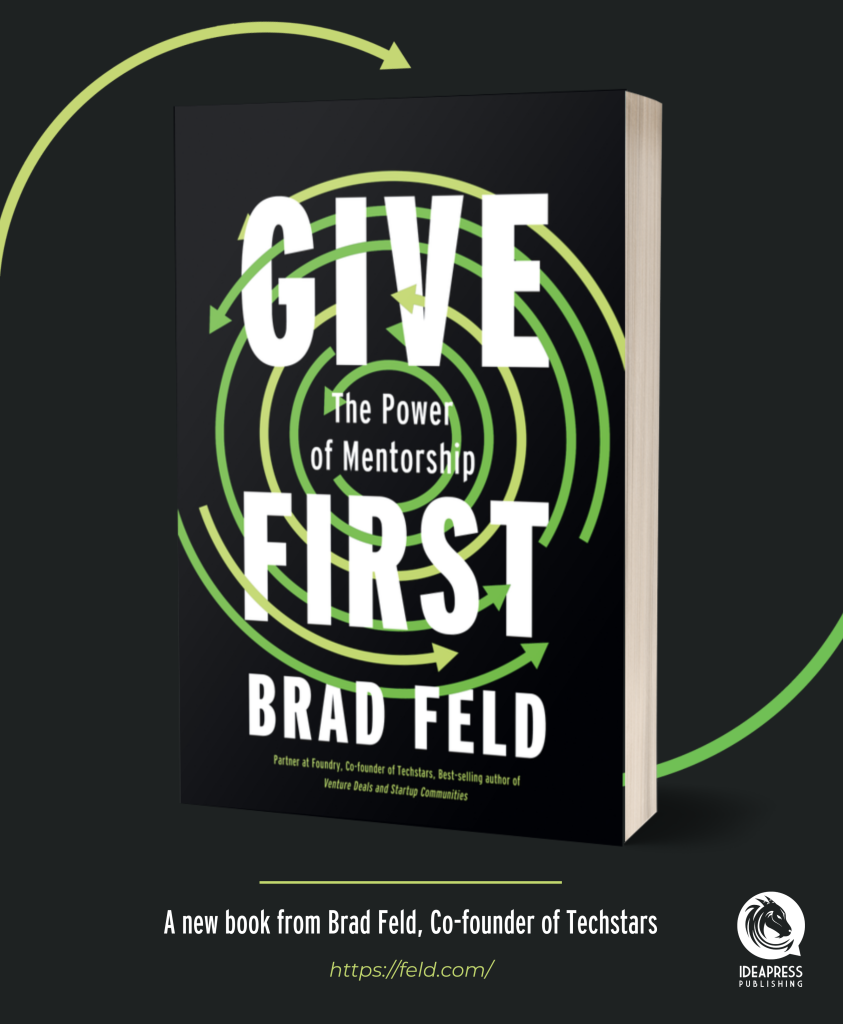Recently, the concept of “the truth” has become elusive. While mistruths, lies, and deceit have been a foundational part of our species’ communication, a new level of misdirection and deflection around being direct and telling the truth became popular when the phrase “fake news” became part of our vocabulary.
In entrepreneurship, passive avoidance is a pernicious version of avoiding the truth. Every crisis communication playbook has a chapter on ignoring the crisis and pretending it’s not happening. This approach is related to deflection, another deeply destructive maneuver from the crisis communication playbook, which follows another strategy: attack.
There are moments when I’m too tired or frustrated to deal with a situation. Or, I disagree with a path a team is going down, but I have other things on my mind, and I don’t feel like bothering with it. Or I’m tired of arguing with someone, don’t care anymore, or feel defeatist about the situation. That’s passive-avoidant.
Reflecting on my past, I often regret when I was passive-avoidant. Many of my disappointments can be linked directly to being passive avoidant. When Amy challenges me about something at work, it’s usually about me being passive-avoidant. I feel anxiety when I’m avoiding dealing with something. And, when I look back at some of my depressive episodes, they often were triggered by an accumulation of avoiding things, including my own physical and emotional health, that I let build up until I couldn’t handle it anymore.
If you realize you are acting passive-avoidant, pause and consider why you have fallen into this behavioral trap. Step back and get to the root cause of what is bothering you. Apply the Five Whys to the situation. Once you discover the root cause, decide if you should take action to address it. Or, should you disengage? Either way, you are now ready to be direct about what you are thinking, feeling, and going to do.
Passive-avoidant behavior is occasionally inevitable. But if you do it repeatedly, it builds up. You start being unable to confront situations. You begin avoiding being direct. Consequently, the other person doesn’t hear challenging information that could impact their behavior. You stop telling the truth and get caught up in your deceit around a situation. You withdraw, where silence can do as much damage as
hostility and attack.
